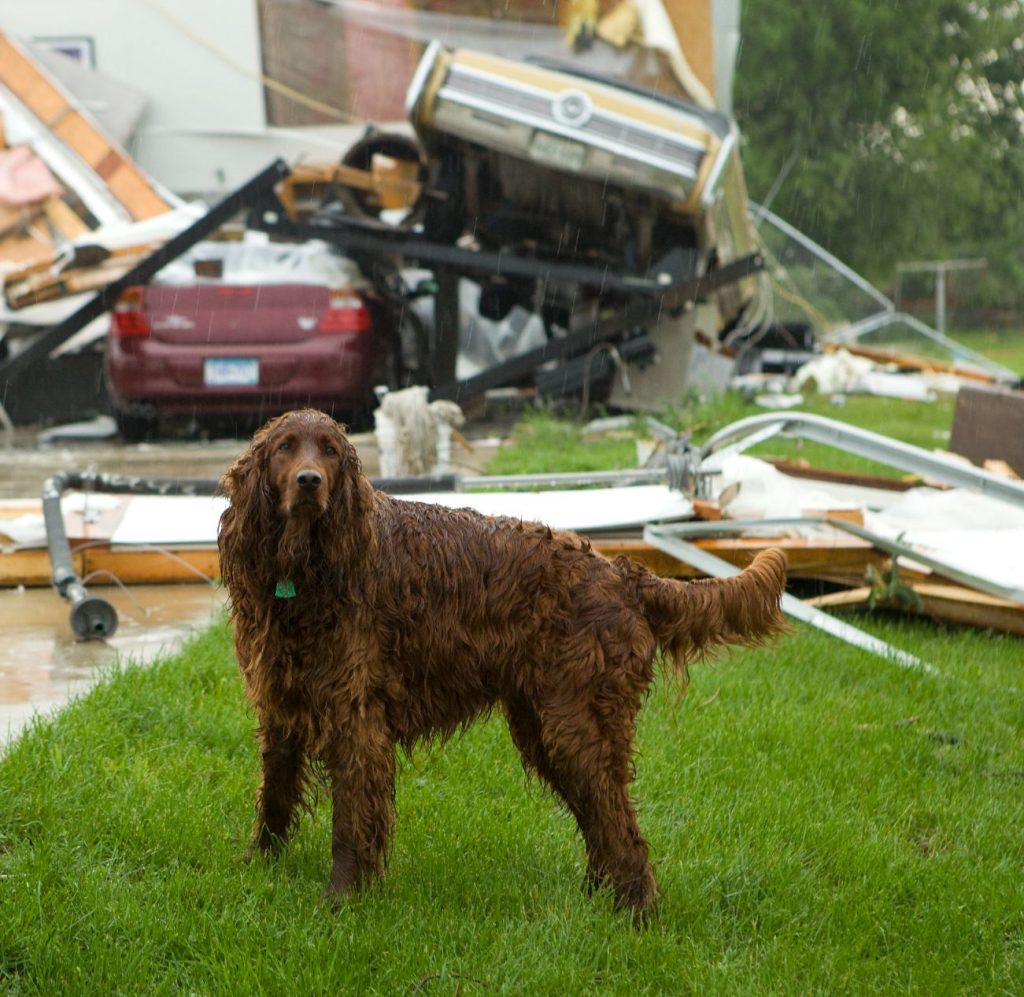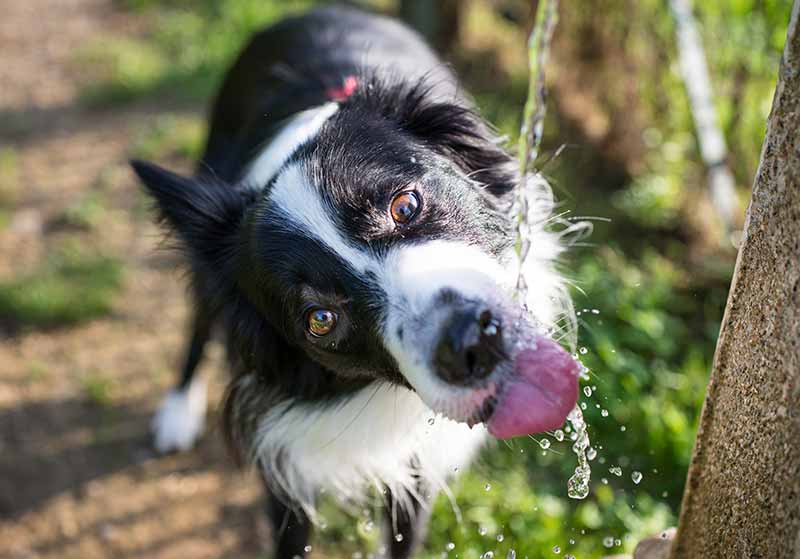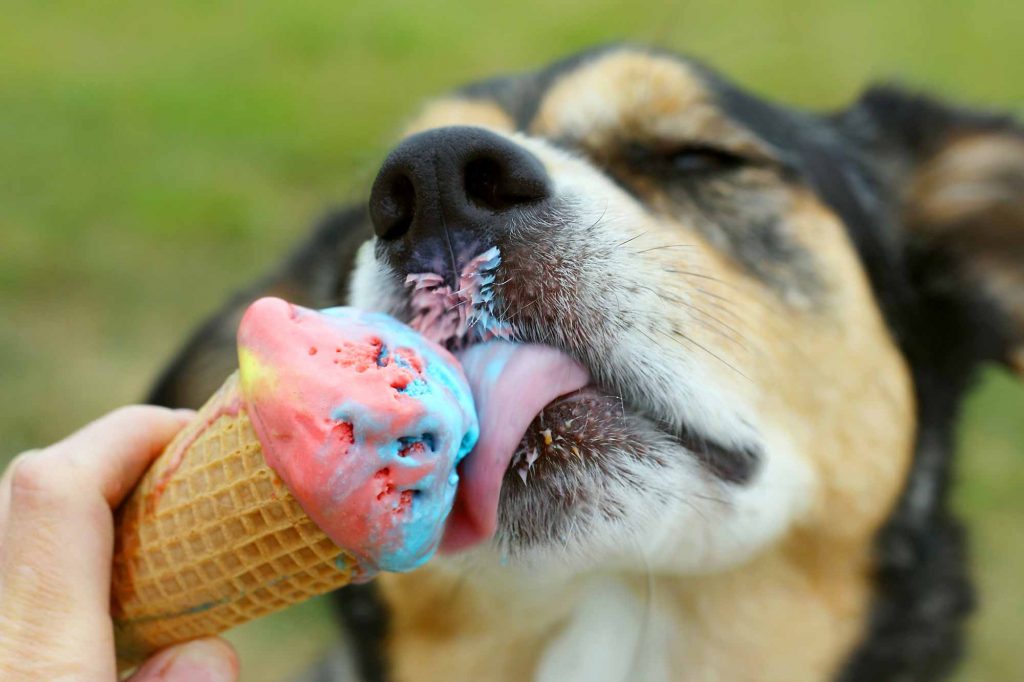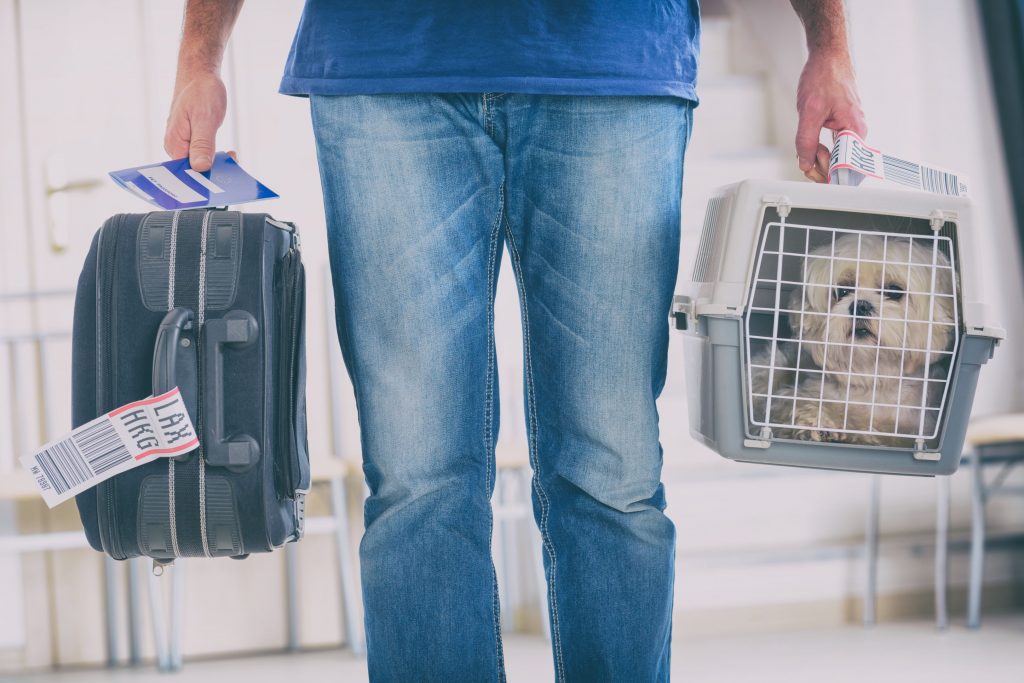Risky Business: Rattlesnakes and Pets

Most Texans are pretty used to being around snakes. While many of our native species here in the south are harmless, there are a few that we need to be on the lookout, for.
Texan rattlesnakes are nothing to mess with, especially when it comes to our pets. BeeVet Animal Hospital wants our clients to be sure to know all about the risks of rattlesnakes and what they need to do should their animal encounter one. Rattlesnakes and pets are not a good mix, and being prepared is half the battle.
Rattlesnake Risks
When a rattlesnake bites, it can have deadly consequences. If the snake injects its venom into the tissues of its victim during a strike, a chemical reaction can begin to occur. The venom causes disruption of the blood vessels in the area leading to severe swelling, blood loss, and shock.
Continue…Holiday Getaway: Air Traveling With Pets
Scratch that Itch: Managing Allergies in Pets

Just like humans, animals also suffer from allergies in various forms, but their symptoms are often markedly different from those that we experience. Although allergies in pets can be tricky to diagnose and treat, there are plenty of ways you can help to keep your allergic pet comfortable.
Allergies in Pets
Allergies in both people and pets are the result of the immune system’s overreaction to foreign particles that enter the body. The particles (allergens) can vary widely from pet to pet, but the most common causes of allergies in pets are:
Continue…Pet Disaster Preparedness Makes All the Difference When You Need It the Most

It is always better to have something and not need it, than to need something and not have it. This goes for so many aspects of modern living, but when it comes to natural disasters like earthquakes, hurricanes, wildfires and floods, it is critical to have a plan in place. Unexpected situations are bound to happen and pet disaster preparedness is an essential component of responsible pet ownership.
Continue…Keep Cool with Pet Heat Safety Tips from BEEVET
 Summer may be halfway over, but Austin residents know that doesn’t mean much. The heat will stay with us for weeks to come, and keeping ourselves and our pets safe are top priorities as the high temps linger (and linger and linger).
Summer may be halfway over, but Austin residents know that doesn’t mean much. The heat will stay with us for weeks to come, and keeping ourselves and our pets safe are top priorities as the high temps linger (and linger and linger).
Whether you love summer or not, our pet heat safety tips are sure to help you and your pet beat the heat!
Why Worry?
Our pets are much less efficient at releasing built up heat from their bodies. This means heat-related illnesses, such as dehydration and heat stroke, can sneak up on them quickly. It’s up to pet owners to monitor their pet’s exposure to heat and take the necessary precautions to protect them.
Although any pet can overheat, senior pets, very young pets, and brachycephalic breeds (e.g., pugs, Pekingese, bulldogs, Persian cats) are at an increased risk. These pets should be kept out of the heat as much as possible and monitored closely during warm weather. Continue…
Slurp Up Summer with Our Summer Pet Treats Recipes!
 The heat and humidity of summer can do a number on our pets, putting them at risk for dehydration, heat stroke, and other heat-related problems. Chilled or frozen treats are a fun surprise for any dog or cat, and they can also help counteract the effects of a hot day.
The heat and humidity of summer can do a number on our pets, putting them at risk for dehydration, heat stroke, and other heat-related problems. Chilled or frozen treats are a fun surprise for any dog or cat, and they can also help counteract the effects of a hot day.
Check out our ideas for tasty and healthy summer pet treats!
The Makings of a Good Summer Pet Treat
It’s important to make sure that anything you feed your pet is healthy and safe for him or her. Avoid using any foods that are toxic to pets, such as chocolate, raisins, grapes, coffee, alcohol, and anything sweetened with Xylitol.
With pet obesity on the rise, adding extra calories to your pet’s diet can be an issue. Our summer pet treat ideas are healthy, but care should be taken not to increase your pet’s daily caloric intake too much. Treats of any kind should also never replace your pet’s regular food.






